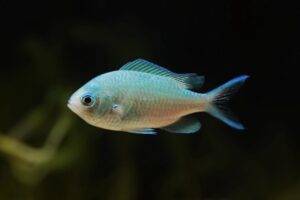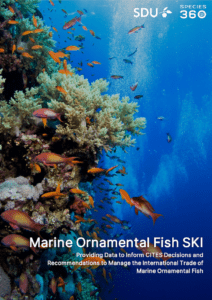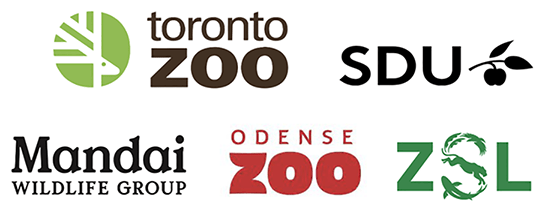The aim of the Species Knowledge Index (SKI) is to map gaps, challenges, and opportunities for research to support evidence-based decision-making by policymakers, management authorities, the zoo and aquarium community, and conservation practitioners.
The methodology for the SKI was first developed by Conde et al., (2019) to map demographic knowledge at the species level. The SKI works with key stakeholders and partners across disciplines to standardize, visualize, and consolidate data for every extant vertebrate species to support the development of prioritization frameworks to resolve data gaps and meet conservation challenges.
The marine ornamental fish trade is a complex industry presenting both risks and opportunities for conservation efforts. Acknowledging the need for more attention on this species group, CoP18 Decision 18.296 called for a comprehensive review of the marine ornamental fish trade. In response, the Marine Ornamental Fish Species Knowledge Index (SKI) was established as part of the Species360 Conservation Science Alliance Species Knowledge Index, aiming to identify species requiring urgent research efforts for CITES considerations. Acknowledging the extensive work done by the United Nations Environment Programme World Conservation Monitoring Centre (UNEP-WCMC) in this regard, we present here an alternative research prioritization to support the discourse at the upcoming technical workshop, complementing the already existing efforts by UNEP-WCMC, IUCN Red List, and CITES.
Goal of the Marine Ornamental Fish SKI
The goal of the Marine Ornamental SKI is to identify and rank species in terms of their prevalence in international wildlife trade in relation to their survival status in situ and to direct further research on the impacts of international trade.
The SKI is a decision support tool that identifies priority species meeting set criteria for conservation action across knowledge areas. The framework also allows the identification of species for which data are lacking and which require further research (e.g. threatened species where specific trade impacts are unknown). Additionally, the SKI highlights species for which public aquaria can contribute to breeding and biological research. Our analysis showed that Species360’s zoo and aquarium members hold 1,132 (43.2%) traded non-CITES listed species highlighting the potential for further research in these species.

Download the Ornamental Fish SKI
The Marine Ornamental Fish Species Knowledge Index: Providing Data to Inform CITES Decisions and Recommendations to Manage the International Trade of Marine Ornamental Fish is available to view download through the link below.








